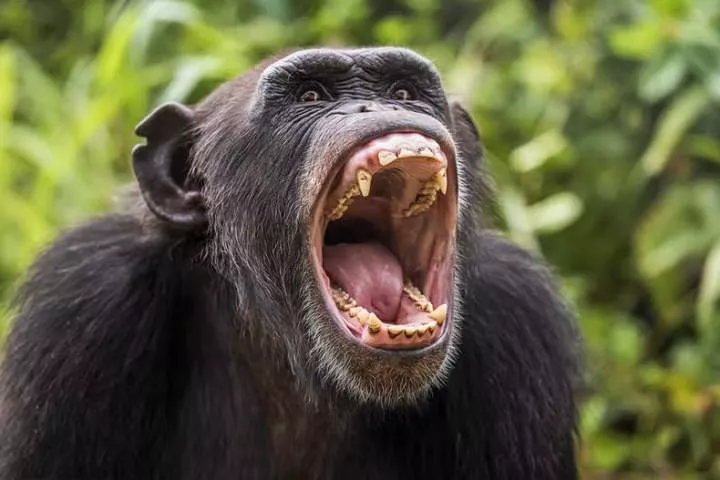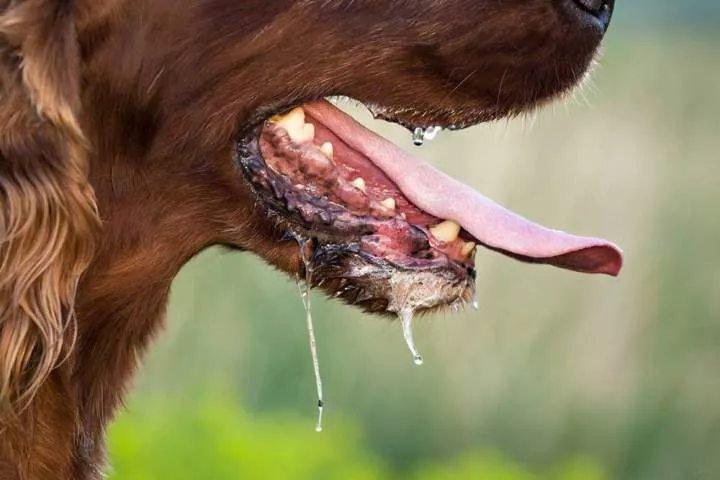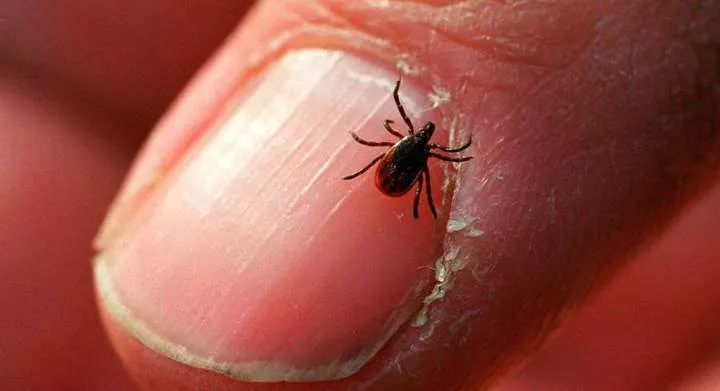![Many diseases we know today, came from animals [DannoLawFirm] Many diseases we know today, came from animals [DannoLawFirm]](https://static.netnaija.com/i/nRaMOdnXKdq.webp)
Did you know that many diseases we know today came from animals?
Throughout history, humans have shared their environment with animals, a relationship that has brought both benefits and dangers.
Among the lesser-known threats are zoonotic diseases-illnesses that jump from animals to humans. These diseases can be particularly dangerous because they come with no warning and can spread rapidly, leading to severe health crises.
Diseases transmitted from animals to humans are called zoonosis (pronounced zo-o-NO-sis). It can come from a variety of sources, including domestic pets, livestock, and wild animals. They start with close contact, but they can also spread through food, water, or even insects that have bitten infected animals. The consequences of these transmissions range from mild discomfort to severe illness and even death.
Let's take a look at some of these horrible diseases:
1. HIV/AIDS
This devastating disease is caused by a virus called HIV (Human Immunodeficiency Virus). Scientists believe that HIV originated in chimpanzees in West Africa, and then jumped to humans through close contact with infected chimpanzees, possibly through hunting or butchering bushmeat.

HIV weakens the body's immune system, making it difficult to fight off infections. While there is no cure for HIV, there are medications that can help people with HIV live long and healthy lives.
2. Ebola
Ebola is a deadly virus that causes severe bleeding, organ failure, and can lead to death. It first appeared in 1976 near the Ebola River in what is now the Democratic Republic of Congo. The disease is believed to have been transmitted from fruit bats to humans, either directly or through other animals like monkeys and antelopes. Outbreaks have been mostly confined to Africa, but due to its high mortality rate and rapid spread, Ebola is a significant global health concern.
3. Lyme disease
This tick-borne illness causes a range of symptoms, including a bulls-eye rash, fever, fatigue, and joint pain.

While the bacteria that causes Lyme disease lives in animals like deer and mice, it can be transmitted to humans through the bite of an infected tick. Early detection and treatment with antibiotics are important to prevent serious complications from Lyme disease.
4. Roundworm infection
Roundworms are nasty parasites that can live in your intestines and cause a variety of problems, like abdominal pain, diarrhoea, and even weight loss. Different types of roundworms can infect humans, and some of them come from animals like pigs, dogs, and cats. Proper hygiene and avoiding contact with animal faeces can help prevent roundworm infections.
5. Rabies
Rabies is a viral disease that affects the central nervous system, leading to brain inflammation and death if untreated. It is typically transmitted through the bite of an infected animal, most commonly dogs, bats, raccoons, and foxes. Rabies is almost always fatal once symptoms appear, but it is preventable through vaccination and timely medical intervention following an exposure.

This is just a short list of some of the many diseases that can jump from animals to people.
The good news is that there are things we can do to protect ourselves, like washing our hands regularly, cooking meat thoroughly, avoiding contact with wild animals, and getting recommended vaccinations.
















Comments